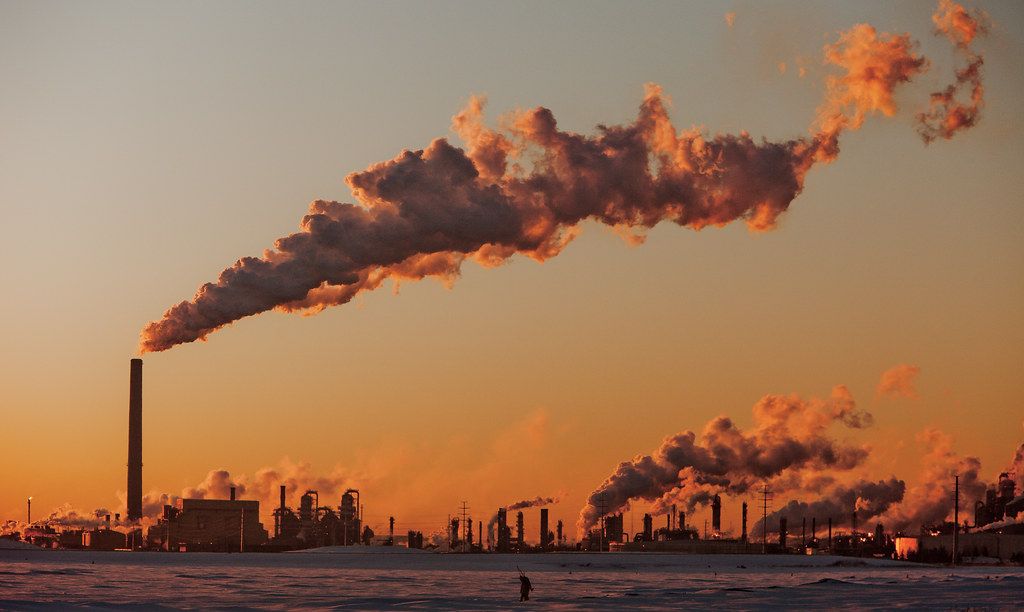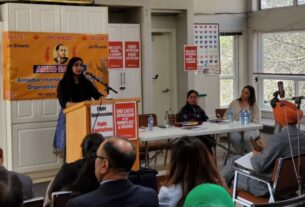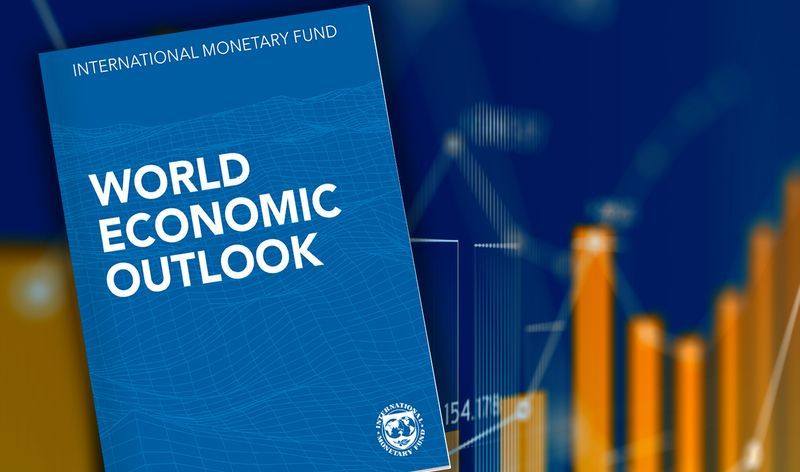The Regional Municipality of Wood Buffalo, which includes Fort McMurray and nearby oilsands worksites, is reeling from a third wave of COVID. A state of emergency was declared on April 26. The region reached over 1,900 cases per 100,000 people in early May.
Worksite outbreaks have contributed to the region’s highest cases per capita status, including outbreaks at Canadian Natural Resources Limited (CNRL) Horizon, Syncrude Mildred Lake, Suncor, CNRL Albian, Kearl Lake, Syncrude Aurora and several others. Since outbreaks were declared, there have been more than 4,000 infections at oilsands camps. Outbreaks have pushed ICU capacity at the Northern Lights Regional Health Centre and exhausted hospital staff.
Workers at oilsands camps have to contend with cramped sleeping and eating arrangements where entire floors of workers’ housing have become quarantine zones. Contractors who have to go into isolation are left without pay for the duration, which has resulted in some ignoring their symptoms and continuing to work. An obvious fact for any sector, paid sick leave is an absolute necessity in order for workers to be able to quarantine – yet employers in Alberta are not required to provide it.
The Wood Buffalo region has also experienced smaller outbreaks at daycares, schools, a grocer, and other businesses.
The oil company with the largest outbreaks, CNRL, claims to “meet or exceed” standards set out by Alberta Health Services (AHS), but workers report unsanitized washrooms and inadequate physical distancing. On May 18, there were 1,496 cases and three deaths at the CNRL’s Horizon site. Clearly either the standards are far too lax or CNRL is not telling the truth. AHS has not inspected the worksite since March 16, when they noted a lack of signage and hand washing/sanitizing capability. AHS, and Premier Kenney’s government, has consistently treated big business with velvet gloves. AHS never closed down slaughterhouses (Cargill, Olymel), even after 14 inspections and several deaths. Yet, small businesses and the public are forced to deal with much harsher restrictions and closures.
These outbreaks are yet another example of bourgeois politicians’ and big businesses’ disregard for the costs paid by society, what is referred to as externalities. Profits are of the utmost concern, which means that paid sick leave – or even extra hand sanitizer – was never an option. CNRL and others will continue to benefit from the labour of sick workers while AHS and the UCP government look the other way. (The UCP even limited the right to refuse unsafe work last November.)
Unsafe workplaces are a major source of transmission, resulting in workers unwittingly spreading COVID-19 to their families and communities (or camps), and the fact is that most Albertans have taken the pandemic seriously and have done their part to reduce the spread. Worksites with outbreaks need to be temporarily shut down, and the workers need to be paid during the shutdown. End of story.
Premier Jason Kenney has consistently downplayed the dangers of COVID. Last May he compared COVID to the flu saying it “does not generally threaten life apart from the elderly and the immuno-compromised.” In May 2021, he claimed that “Our middle-ground approach has been successful,” despite Alberta having the worst COVID rate in North America.
In October, as the second wave was building, Kenney said he would not introduce restrictions, yet was forced to do so in December. He fed his libertarian supporters the idea that COVID could be contained without limits on business activities. As Alberta faced its third wave, reaching the worst rate of cases in North America, again he delayed taking actions. Eventually he acted too little, too late. But a big section of his political base has turned on him, correctly pointing out his hypocrisy. Sixteen of his MLAs have publicly opposed restrictions such as on inside dining in restaurants.
If AHS and the UCP had taken prompt action to close down super-spreading big businesses, Alberta might have been able to avoid a dreadful third wave.
Vaccination
The best that oil companies and AHS have been able to offer oilsands workers are rapid on-site vaccination clinics, where 10,000 vaccines have been allotted – the first 1,600 went out between May 2 and May 4. This falls in line with the “vaccine dependence” strategy most governments have pursued while trying to wrestle with the contradiction between capitalist production and public health, especially in Alberta where the UCP have repeatedly teeter-tottered on restrictions. The more than 4,000 oilsands workers who have already gotten sick surely would have preferred avoiding infection in the first place, and these outbreaks could have been prevented.
Some have pointed to the “unfairness” of oilsands workers receiving rapid testing and on-site vaccination. However, a nimble, effective strategy would have targeted vaccinations toward any worksite which has become a large source of transmission at present or in the past. There were also other on-site vaccination programs targeted directly at other super-spreaders like meatpacking plants. Workers at super-spreading workplaces as well as people who are especially vulnerable to the disease needed vaccination priority; this strategy could have been launched earlier and on a larger scale, in order to hit more workplaces and reduce the potential for outbreaks and the subsequent community spread. More than 90 new cases were confirmed among grocery store employees throughout the province in one week, a trend that was increasing weekly since the end of March. Unions were also pushing to have their members vaccinated on-site.
That said, Canada has reached mass-eligibility for vaccines, so all that remains is for people to book their appointments with AHS or a pharmacy.
Contradiction of Capitalism
The reality is that the capitalist system is not set up to prioritize the needs of everyday people – it is a system of production for private profit and the accumulation of wealth for an increasingly more powerful capitalist class. In terms of the pandemic alone, Canadian capitalists have benefitted from billions in federal handouts, like the CEWS, only to turn around and lay off or lockout their workers.
Marxists know that private profit and public health are at odds with each other, a contradiction inherent to capitalist production, described in great detail as a feature of the English factory system in Condition of the Working Class in England (Engels, 1845). Whether in the workplace, living quarters, or the very food we eat, the health of the working class is sacrificed for capitalist profit. This has been especially true during a pandemic where nearly 3.5 million have died globally, while the world’s 2,365 billionaires have grown $4 trillion richer – a massive acceleration in the rate of accumulation. Canada’s 44 billionaires have increased their wealth by $63.5 billion, according to Oxfam. If the trillions created by workers during the past year wasn’t being appropriated by billionaires through capitalist production, there would be no issue providing paid sick leave or tackling a global pandemic.
Unfortunately, the capitalist class and their politicians consistently put profits before the health and needs of humanity.
As part of the struggle to end capitalism, Socialist Alternative fights for:
- Temporary shutdown of all super-spreading workplaces, with financial relief and job protection for affected workers.
- Hazard pay, and sick pay for all workers. Direct control of workplace safety by workers.
- Reversal of all anti-worker legislation enacted by the UCP government – including the right to refuse unsafe work – to be replaced with pro-worker and pro-union legislation.
- Lift patents on vaccines to enable further vaccine production and distribution around the world.
- End corporate domination. Take into public ownership the commanding heights of the economy, the big corporations, banks, and financial institutions that dominate the economy, to be run under democratic workers’ control and management.



